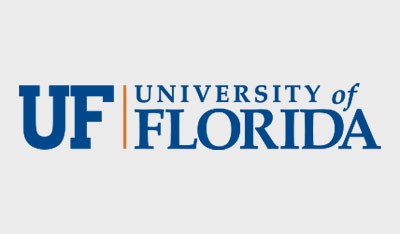The University of Florida (UF), founded in 1853, is a public land-grant, sea-grant and space-grant research university on a 2,000-acre (8.1 km2) in Gainesville, Florida. It is the eighth largest single-campus university in the United States with an enrollment about 55,000 students.

The University of Florida is home to sixteen academic colleges and more than 150 research centers and institutes, and offers more than 100 master's degree programs and seventy-six doctoral degree programs in eighty-seven schools and departments.
In 2018, the University of Florida is recognized by U.S. News & World Report as one of the Top 10 public research universities in the United States. UF is one of sixty-two elected member institutions of the Association of American Universities (AAU), the association of preeminent North American research universities, and the only AAU member university in Florida. With more than 10,000 active research projects and over $650 million in research awards, UF is classified as "R1: Research University" (institutions with the highest research activity) in the Carnegie Classification of Institutions of Higher Education.
University research strengths/ areas of expertise related to activities in Consortium
- Agricultural Economics and Agricultural Value Chains
- Agricultural and Biological Engineering: Biosensors
- Agricultural and Life Sciences Extension Programming and Program Evaluation
- Community Development
- Materials Sciences and Engineering
- Organic, Sustainable and Renewable Agriculture
- Rural Poverty: Household and Community well-being
- Sustainable Economic Development
- Youth Sciences: entrepreneurship and empowerment
Coordinating Council Member
Team Leader, Associate Professor, Food and Resource Economics; and Center for Latin American Studies - Dr. Useche is an applied economist with expertise in international development and sustainable agricultural economics, who has extensive research and field experience in the Latin American region.


